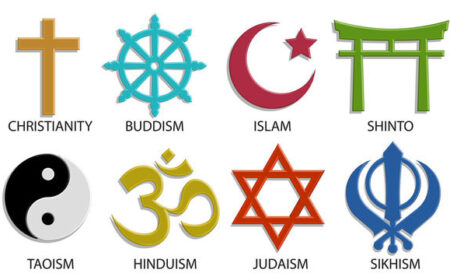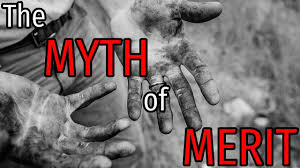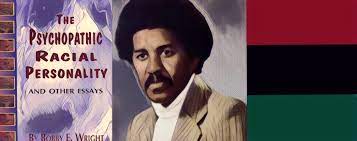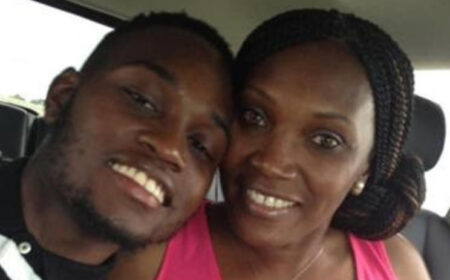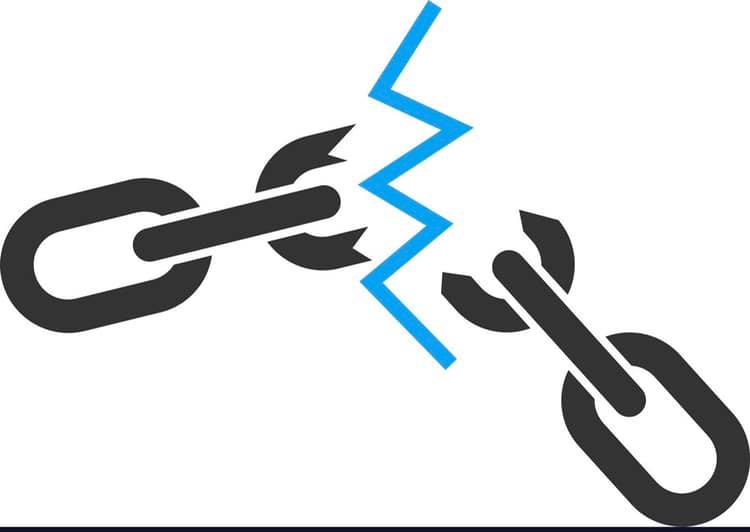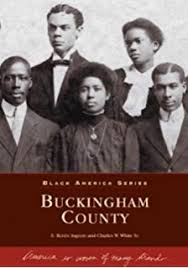by : Danielle Dixon April 27th, 2016
When it comes to success in entrepreneurship, Annie Nyaga isn’t afraid to get her hands dirty. Literally.
Nyaga is a Kenyan-born budding farmer currently building a thriving agribusiness that brings consumers and farmers alike together.
Her choice of profession isn’t just serving to change the way young Kenyans view agriculture, but it is also helping to create a more food-secure Kenya.


Nyaga started out as a farmer in 2009, after passing up a scholarship to pursue a Master’s Degree in Biomedical Science and Technology. She felt that it just wasn’t the right path for her; the call to farming was stronger.
“I had a passion for farming,” she explained in an interview with Bizna Kenya. My parents practiced it and I noticed they got good returns … Farming has always taken a special portion of my heart. I don’t feel like I wasted my four years in university since I can apply what I learned in my farm. Farming is a profession like any other and young people should not view it as a side hussle. They should be ready to soil their hands if they want to prosper in farming.”
One would be mistaken to assume that Nyaga’s career move was instantly profitable. She initially began planting French beans and baby corn, both of which brought little profit because of the low demand for such produce. It was at this point that she decided to farm watermelons instead; a decision that proved to be a wise one. Her business began to flourish.
“Considering the availability of water in the region, cheap labour and adequate climate, I settled on watermelon since it requires a lot of water and sunlight,” she said.
Nyaga went on to invest in an irrigation system and staff to assist with crops. In addition to this, she launched a company, Farm2Home, to foster a stronger connection between young farmers and consumers. She then became founding director of 4-H Foundation Kenya, a foundation aimed at changing young Kenyans’ perception of careers in agriculture.
As of 2015, the 30-year-old entrepreneur has made a net profit of 600,000 Kenyan shillings (nearly 6000 US dollars) within a three-month time frame, all from harvest crops. Nyaga, along with her company, is on the fast-track to making millions in Kenyan shillings.
By: Danielle Dixon

